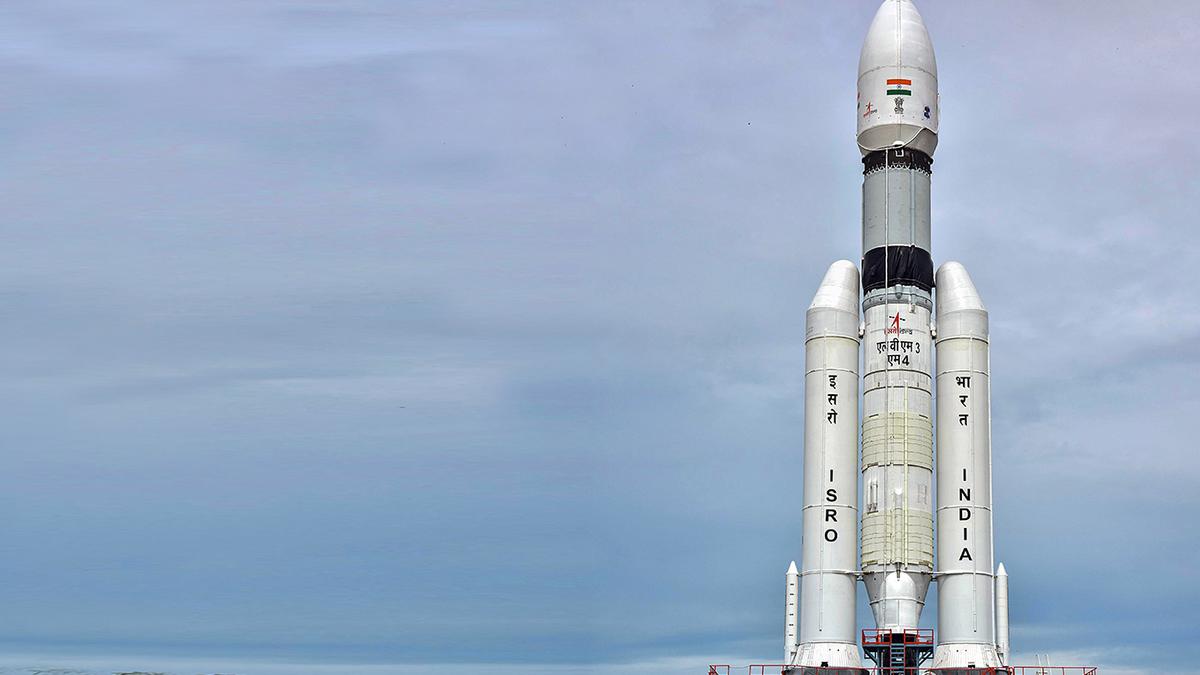
LVM-3’s Chandrayaan success is a big boost for Gaganyaan
The Hindu
ISRO’s LVM-3 launch enhances reliability for Gaganyaan mission; human-rated S200 and L110 Vikas engine used. Enhancing reliability of launch vehicle, ISRO's LVM-3 successfully launched Chandrayaan-3, using human-rated S200 & L110 Vikas engine.
With a human-rated Launch Vehicle Mark (LVM) to be used for the upcoming Gaganyaan mission, the LVM-3’s successful launch of the Chandrayaan-3 on July 14 gained significance, as it has further enhanced the reliability of the launch vehicle.
Following the launch, LVM project director Mohan Kumar said that the rocket used for the Chandrayaan-3 mission used multiple systems that were rated for humans. “The human-rated S200 [solid strap-on motors] that were used earlier were again used, and the L110 Vikas engine has also completely become human-rated today,” he said.
ISRO’s Gaganyaan project is expected to demonstrate India’s human spaceflight capability by launching three astronauts to an orbit of 400 km for a three-day mission, and then bringing them safely back to earth, landing them in Indian seas.
The success of the Chandrayaan-3 launch was celebrated by several public and private sector units all over the country that played an active role in the mission.
For instance, Mishra Dhatu Nigam Limited (MIDHANI), the defence PSU, had developed and supplied various critical and strategic materials for the three-stage heavy lift launch vehicle.
It supplied cobalt base alloys, nickel base alloys, titanium alloys and special steels for liquid engine, nozzles for liquid stages, gas bottles, thrusters, cryogenic upper stage components, rocket motor casing, propellant tanks and investment castings of nickel alloys, stainless steel for exhaust unit, etc., said an official release.
Kerala government undertaking Keltron in Thiruvananthapuram, Kerala Minerals and Metals (KMML) in Kollam, and long-time industry partners of the Indian Space Research Organisation (ISRO) such as Ananth Technologies Ltd (ATL) and Kortas Industries Pvt Ltd supplied many components. Keltron supplied 41 electronics modules and various power modules. Many of the critical components on the mission used alloys from titanium sponge produced by the KKML. KMML has a 500-tonne capacity titanium sponge plant at Chavara, Kollam, a joint venture with the Vikram Sarabhai Space Centre (VSSC) and the Defence Metallurgical Research Laboratory (DMRL).











